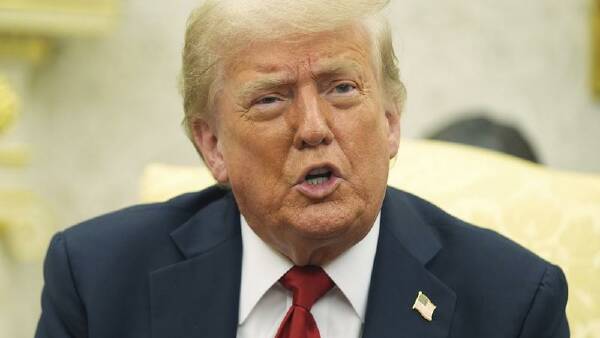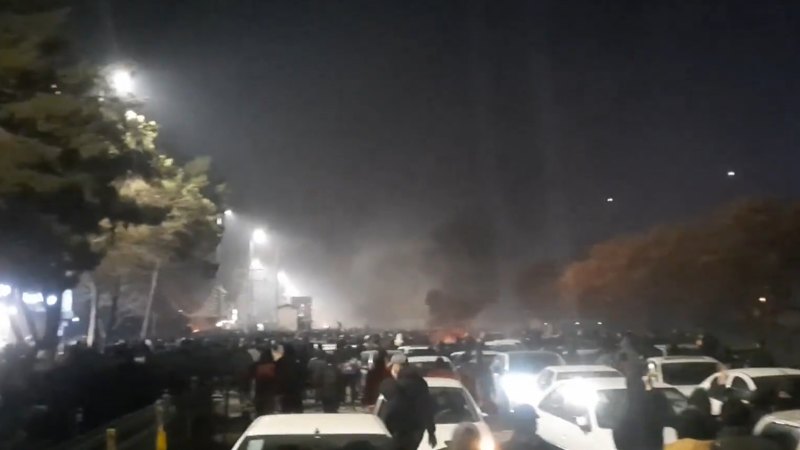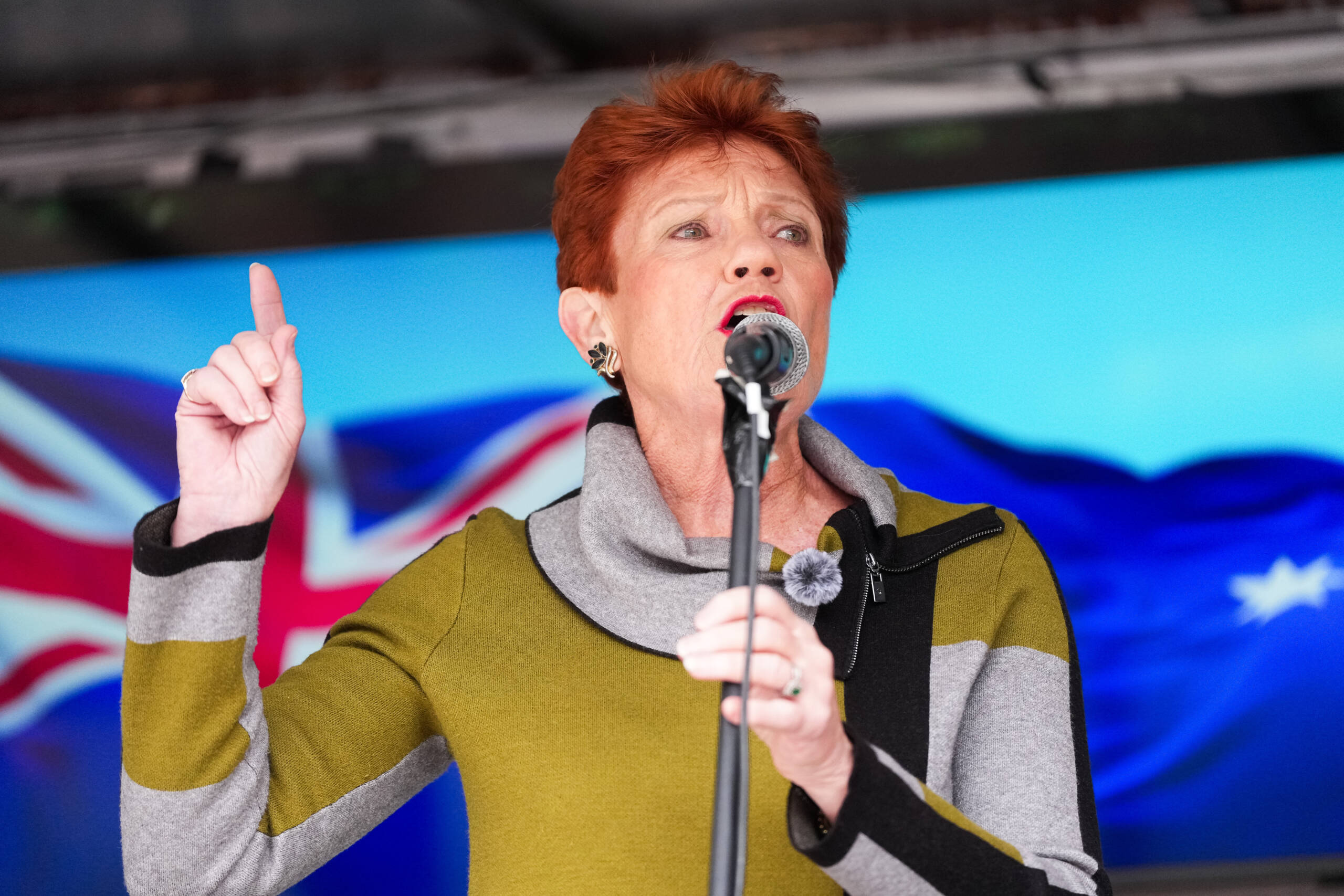
President Donald Trump has announced new military aid for Ukraine, which includes advanced weaponry. This move has prompted a frosty reaction from the Kremlin. In addition to his military support, Trump has threatened economic repercussions against Russia, which has further escalated tensions.
The Kremlin’s official spokesperson, Dmitry Peskov, stated that Trump’s comments are “unconstructive” and warned of potential negative consequences for U.S.-Russia relations. Peskov emphasized that such threats do not contribute to resolving the ongoing conflict in Ukraine. He described the situation as complex and stressed the need for diplomatic dialogue rather than militaristic posturing.
On March 15, 2024, during a press conference, Trump highlighted the necessity of supporting Ukraine against Russian aggression. He underscored his administration’s commitment to providing financial and military assistance, framing it as vital for maintaining European stability. “We cannot allow Russia to bully its neighbors,” Trump declared, reinforcing his stance ahead of the upcoming NATO summit.
In response to Trump’s threats, Russian officials have expressed concerns over the implications of increased military support for Ukraine. Analysts suggest that this could lead to an escalation in military confrontations, particularly in eastern Ukraine, where fighting has persisted despite previous ceasefire agreements.
The international community is closely monitoring these developments. NATO Secretary-General Jens Stoltenberg acknowledged the importance of solidarity with Ukraine but urged caution to avoid provoking further conflict. Stoltenberg emphasized the need for a unified approach among NATO allies while addressing security concerns.
Financial markets reacted to the news, with the Russian ruble experiencing fluctuations against the U.S. dollar. Investors are concerned about the potential for heightened sanctions or military engagement, which could have significant economic repercussions for both Russia and the West. The situation remains fluid, with analysts predicting that ongoing developments will shape the geopolitical landscape in the coming weeks.
As both sides prepare for potential escalation, the focus remains on diplomatic efforts to de-escalate tensions. The next steps taken by the U.S. and its allies will be critical in determining the trajectory of the conflict and the stability of the region.






